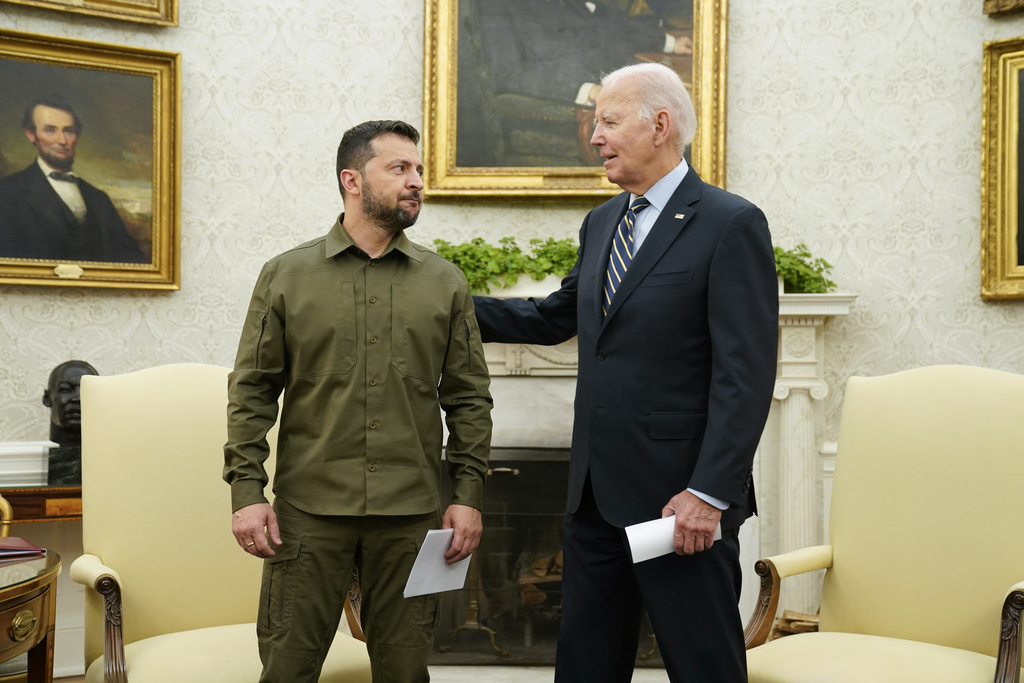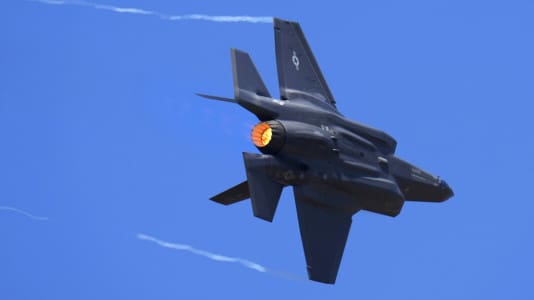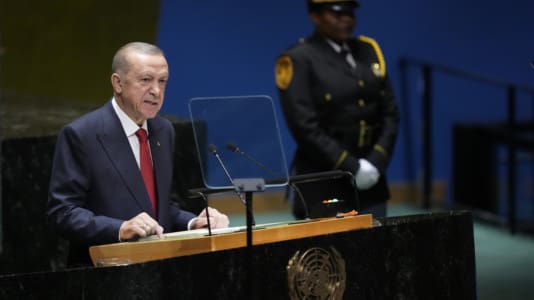When Ukrainian President Volodymyr Zelensky was building alliances in Central Europe, turning to Germany and even considering replacing Poland with Romania seemed strategically sound from Kyiv’s perspective. But events have shown that solely strengthening ties with the EU’s most powerful state isn’t sufficient.
The escalation in the Middle East has exacerbated Ukraine’s challenges. This shift in focus has strengthened Russia and China’s positions in global influence while weakening the West. Consequently, Ukraine has become just one of several concerns rather than a primary security issue.
U.S. President Joe Biden recently proposed combining aid to Ukraine and Israel in a package worth around $100 billion. This move is likely due to the fact that it will be difficult for Congress to reject aid to Israel, thereby indirectly ensuring considerable funds for Ukraine as well.
However, as the Ukrainian Ambassador to the U.S. Oksana Markarova notes, out of the $61.4 billion, $46.1 billion is designated for defense, and $11.8 billion will assist Ukraine’s budget, which is on the brink of collapse.
Despite the financial aspects, Kyiv has additional worries. U.S. Defense Secretary Loyd Austin announced the deployment of additional Patriot and THAAD defense systems to the Middle East. Some will be used to defend U.S. bases in the region, and some will go to Israel. This could mean fewer anti-aircraft systems for Ukraine. There are also reports that a significant portion of 155mm ammunition, initially intended for Ukraine, will be given to Israel instead.
Furthermore, a significant diplomatic shift occurred when Israel’s Prime Minister Benjamin Netanyahu subtly requested Zelensky not to press for a “solidarity visit” to Jerusalem and Tel Aviv after the Hamas attack on Oct. 7. Where once Western politicians vied for Zelensky’s presence, the potential for the conflict with Hamas to escalate regionally, involving Iran and its proxies, has changed the dynamics.
Zelensky now faces stiff competition on the global stage. Dramatic images from Gaza overshadow news from Ukraine. While Biden wants to continue supporting Zelensky, many Congressional Republicans do not.
In Europe, Hungary, and possibly soon the new Slovakian government led by Robert Fico, is blocking EU aid to Ukraine. Germany, once seen as Zelensky’s new patron, is divided on the issue. Russia, witnessing these shifts, might intensify its assaults on Ukraine’s energy infrastructure in the coming months, especially as much ammunition is redirected to the Middle East.
Despite Biden’s assurances, for the U.S., the primary concern may soon be preventing multi-front wars involving Israel and the potential spillover of the Hamas conflict into Lebanon, Syria, and Iran.






